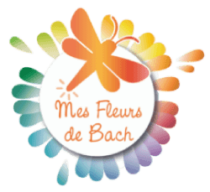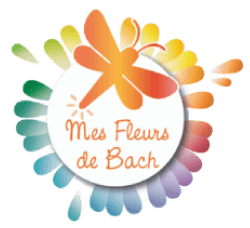Assessing the remedies with MYMOP2
By Irene Martinez i Lessner BFRP, Spain
As a pharmacist and BFRP, I have been trying to assess the outcome for my clients when I treat them with Bach flower remedies.
Usually, I observe my clients’ feelings and beliefs to know if the flower we chose was the correct one or not.
But there is a problem, in that as human beings we find it normal to improve and we complain a lot if we don’t. (I am of course speaking in general – everybody does not behave in the same way.)
So, how could I measure clients’ feelings of wellbeing more accurately?
The problem was highlighted when I was teaching my pharmacy vocational training students.
They wanted to know if the flowers worked or not. I told them that, based on my experience and that many of other practitioners, they did. But, as you can imagine, it was not enough.
So I began searching for methods used to assess medicines in trials, the difficulty being to find a method that could properly assess the remedies when it came to things like, for example, « feeling capable or not », or « feeling jealous ».
I found a very useful test to ascertain depression and anxiety, known as DASS21. It has a lot of items to know if depression and anxiety are increasing or not.
But it is useless when we look for other aspects such as fear of death, loneliness, and over-care of others.
Finally, I found an open test, MYMOP2 (MYMOP = Measure Yourself Medical Outcome Profile) that had been created by Bristol University.
It lets us choose the symptoms, activity and general wellbeing feeling we want to assess, so is more flexible than DASS21.
When my students were ready, they chose their own flowers (I explained Dr. Bach wanted everybody to be able to heal themselves and I only guided them) and they treated themselves with them for three weeks.
It would have been better to allow a complete month or more but there was not enough time.
We filled out the MYMOP2 test the first day and the last day completed the related MYMOP2 Follow up test. Then I scored the tests.
My students were really curious: they wanted to know the results and whether the remedies really did work or not.
There were some problems with the study, of course, and perhaps you have recognised them:
- The students were not really clients. Some of them needed the flowers but probably not all of them. They had not gone to a BFRP because they felt out of balance. Because of that, some students did not take the flowers or did not take them enough (they did not think it necessary).
- I should have controlled better the way they filled in the questionnaire because a lot of them were not correctly done and, as a result, were invalidated. At the end, the number of participants in the trial was really low. Next year I am going to do the study again but being more careful about how they fill in the questionnaire.
- A lot of them believed in the flowers and wanted the study to work while others did not believe. In fact, it was not an authentic trial, and its aim was more to wake up their curiosity and open their scientific minds to other points of view.
- It is clear that to be a scientific trial we should have used a double-blind method where the clients did not know what they were taking, and some of them would have taken the flowers and others a placebo. On the other hand, I am not sure if Doctor Bach would have liked a double-blind trial: people thinking that they were being treated, but in fact they were not.
Results: we had 24 « clients » who began the trial. Two of them did not take the remedies and twelve of them did not fill in the form correctly and so were invalidated. This reduced the number of clients to ten.
Of the ten, two felt the same and eight felt better.
We concluded that overall there had been a slight improvement in the majority of participants.
The results were incredible for us and, the most important thing, they opened my students’ minds to new healing approaches.
I would like to thank my students of the second course of Pharmacy Vocational Training (2013-2015 cohort) in EDUCEM SCHOOL in Granollers (Barcelona, Spain) because they have taught me a lot, encouraging me through their questions and endless curiosity to find new answers.

